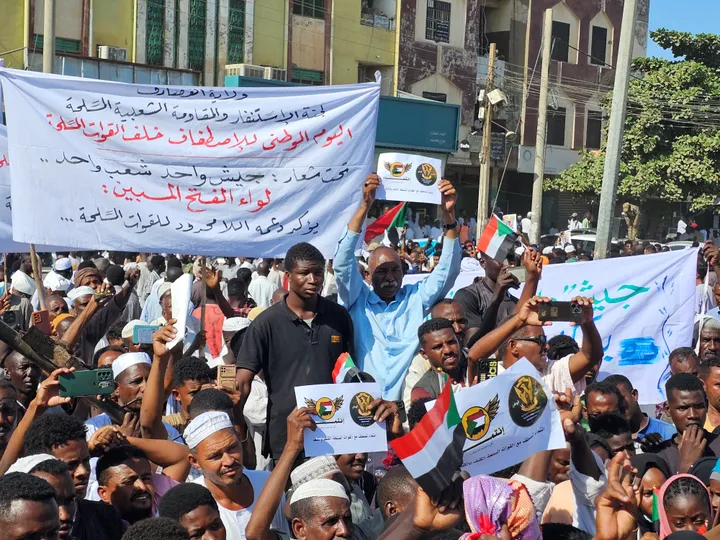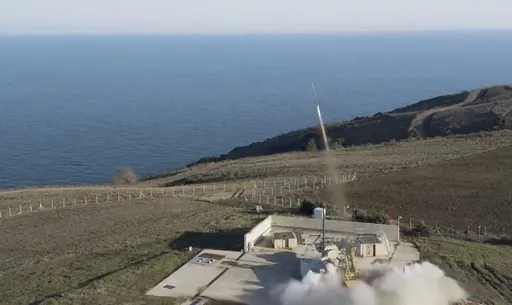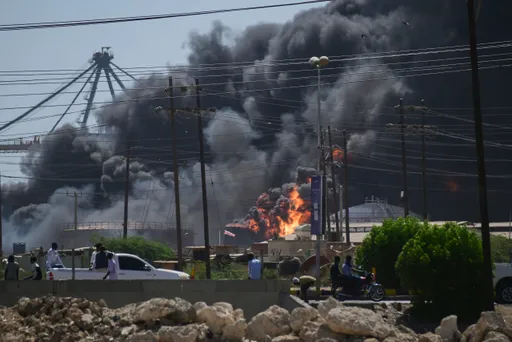By Gaure Mdee
This Ramadan, the joy of iftar is tinged with the torment of inflation-induced gloom for millions across the African continent.
For Mfaume Omari, a motorcycle taxi driver from Sinza in the Tanzanian capital of Dar es Salaam, it means breaking his fast each day of the holy month with a staple of cassava rather than a nourishing platter of Ramadan specialities.
"Price is a barrier wherever you go," he ruefully tells TRT Afrika. "Oil, wheat, dry fruit, nothing is affordable. A kilo of meat currently costs 8,000 shillings (US $3). How will it be during Eid?"
Statistics mirror the harsh reality. In a 2021 study,, 35% of respondents from North Africa and parts of the Middle East revealed that soaring prices presented the most formidable challenge while adhering to the rigours of diligently fasting for a month.
The World Food Programme paints a grimmer picture, noting how severe food insecurity plagued 349 million people across 79 countries in 2022. Over 140 million individuals required aid, a figure that has almost remained constant.
Writing on the wall
So, what does this portend for families praying for respite as the Ramadan month progresses towards Eid?
Shabani Asmani, a resident of Dar es Salaam, points to the trend of food inflation worsening during the festive season.
"Economic conditions couldn't be harsher for most of the population. Prices have skyrocketed, and there seems to be room for a further spike going into Eid," Asmani tells TRT Afrika.
Business owner Ali Maliza echoes this sentiment, stating that when ordinary people cannot afford the basics, the collateral damage to the economy is enormous.
"As business slows down, nobody is spared. Unlike before, we hope Eid brings some relief," he says.
In sub-Saharan Africa, where food and energy account for half of household consumption, the spiralling costs have already pushed many to the brink.
Since the pandemic, governments have responded with subsidies and tax cuts to alleviate the pressure on household incomes. But these measures have, at best, provided temporary relief.
As Ramadan progresses, the generosity of communities and aid groups becomes crucial in providing a glimmer of hope during such trying times.
Salum Said, who lives with his family in the Tanzanian city of Morogoro, candidly reveals the gravity of the situation. "After suhoor, we don't eat until iftar, and that meal has to last until the next day because, economically, we can't afford to eat two or three times," he tells TRT Afrika.
Fortitude in faith
Amidst the challenges of the financial squeeze, the spirit of Ramadan continues to foster a sense of community and sharing.
Millions of African families also remain unshaken in their belief that their resolve to adhere to the tenets of Ramadan will see them through.
As Dar es Salaam-based Suleiman Omari says, adversity is when the strength of the divine is tested. Ultimately, the ordinary citizen's resilience triumphs in the face of all odds.
"What's happening economically is not within our control. But as Muslims, we must fast, and Allah will guide us through this period," he says. "It's a given that prices will soar further as we prepare for Eid. Still, wearing new clothes on the day of the festival is sunnah for us, and we will somehow manage."
Salum is hopeful that by the second fortnight of the holy month, a semblance of relief will be around the corner.
"Often, prices rise at the beginning before tapering off. Things become more affordable as we go along, and this time should be no different despite the prevailing conditions," he says.
➤ Click here to follow our WhatsApp channel for more stories.
























